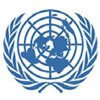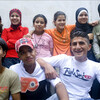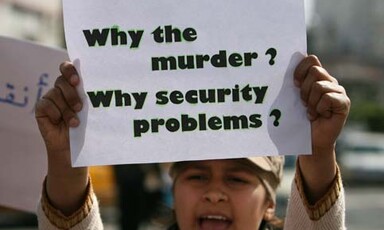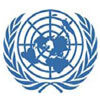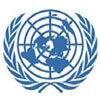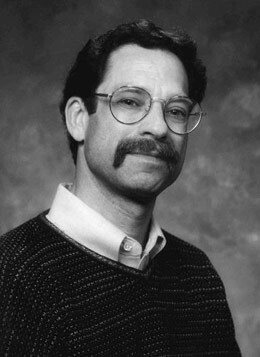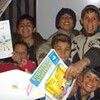
UNRWA opens tented school for stranded Palestinians
7 February 2007
Some 90 Palestinian refugee children whose families have been stranded over the last nine months at al-Tanf border crossing point between Iraq and Syria, living in a makeshift refugee camp, started attending an UNRWA tented school on 3 February. At this school, UNRWA will provide general education for refugee children at elementary and preparatory levels as prescribed by the Syrian Ministry of Education. Managed by the UNRWA education programme, with eight teachers from the refugee community in al-Tanf serving as staff, the school will help cater for the refugees’ educational needs. Read more about UNRWA opens tented school for stranded Palestinians
